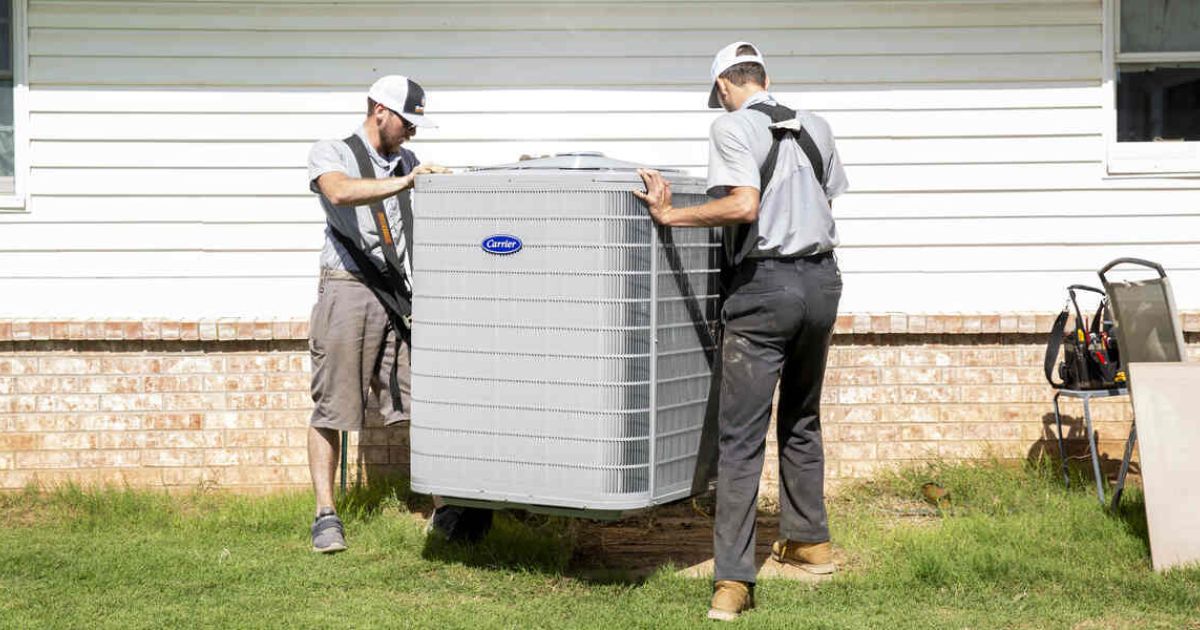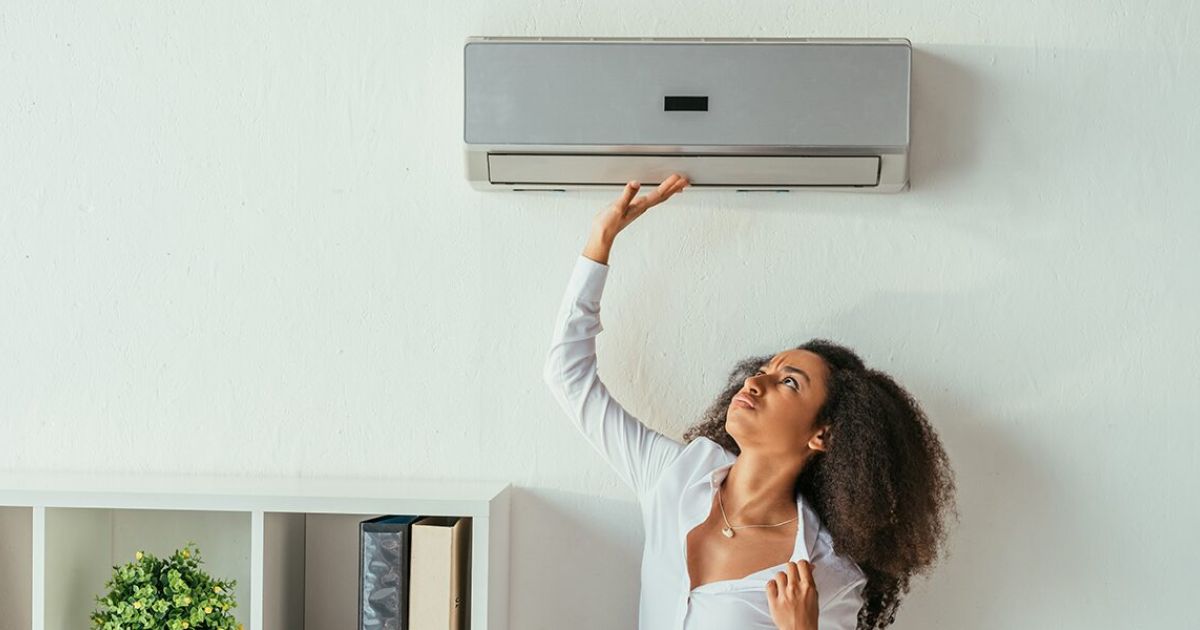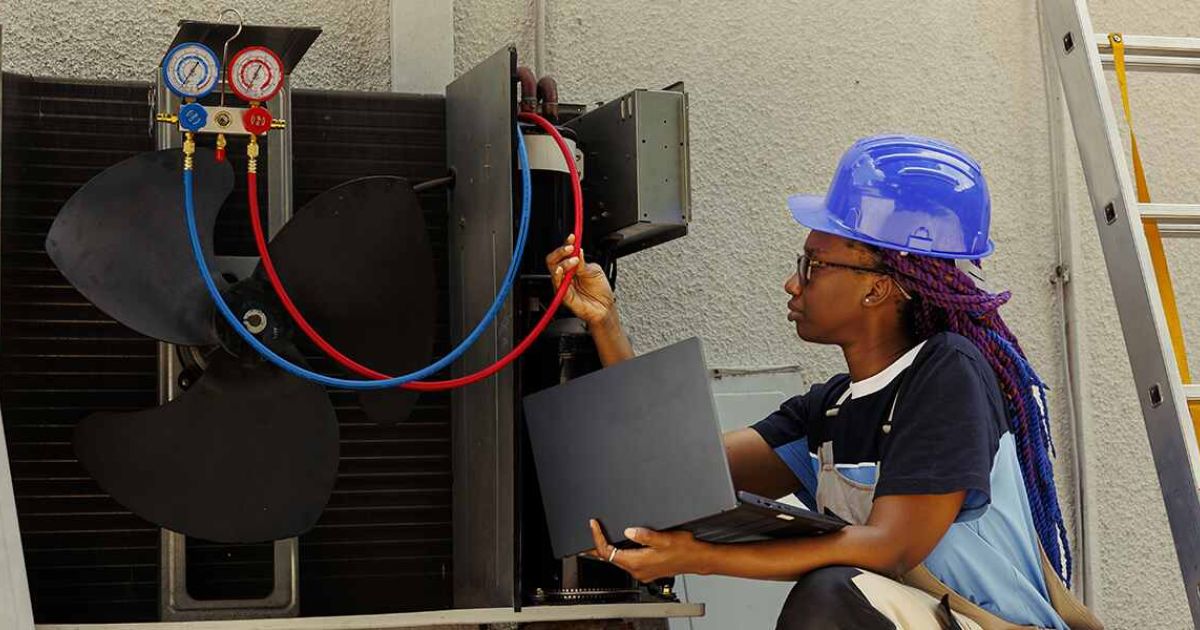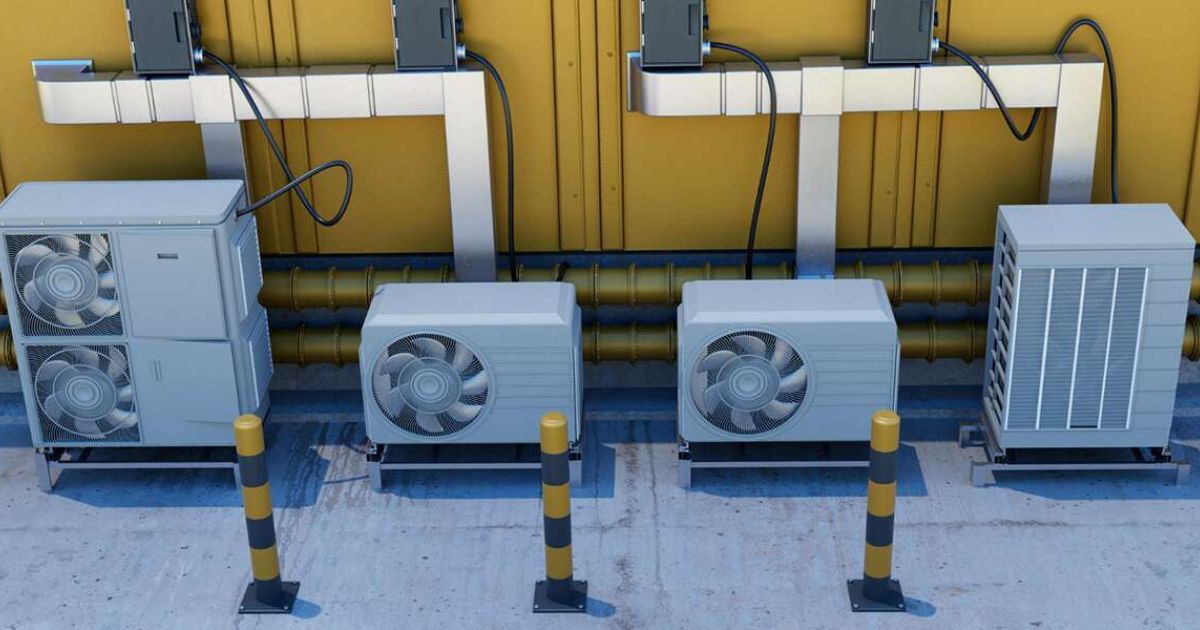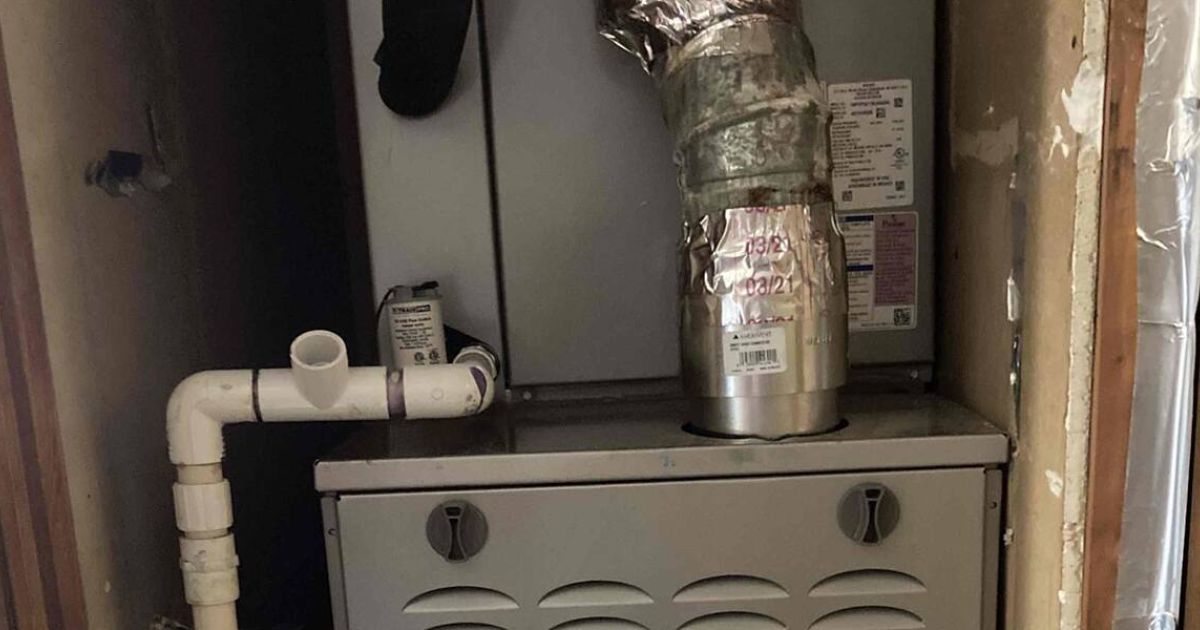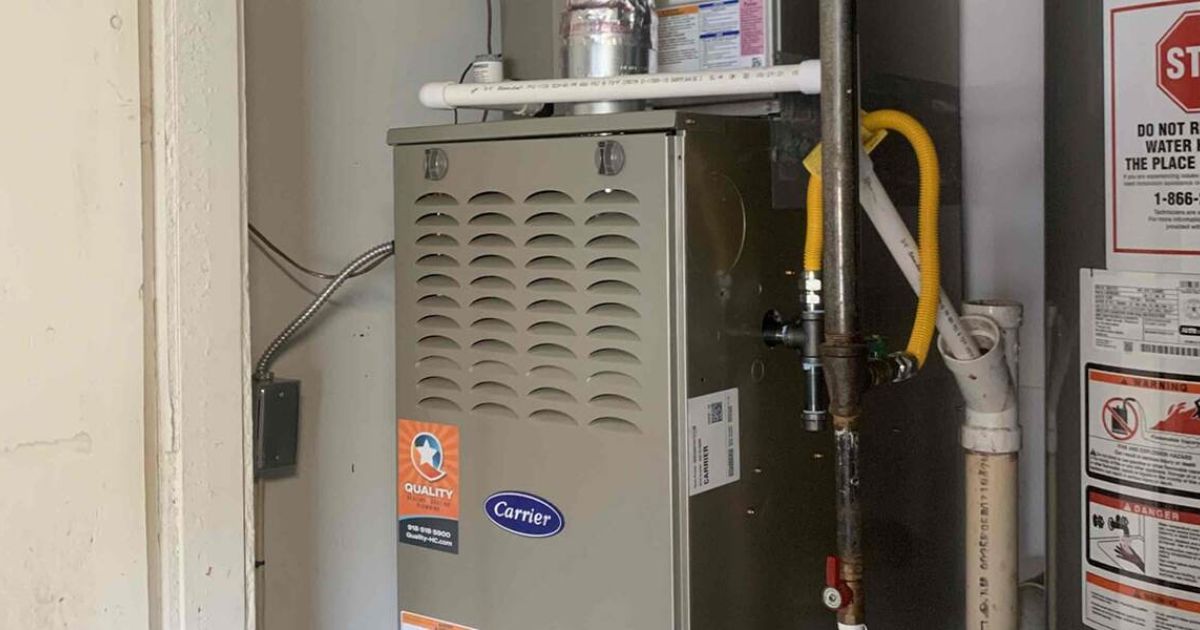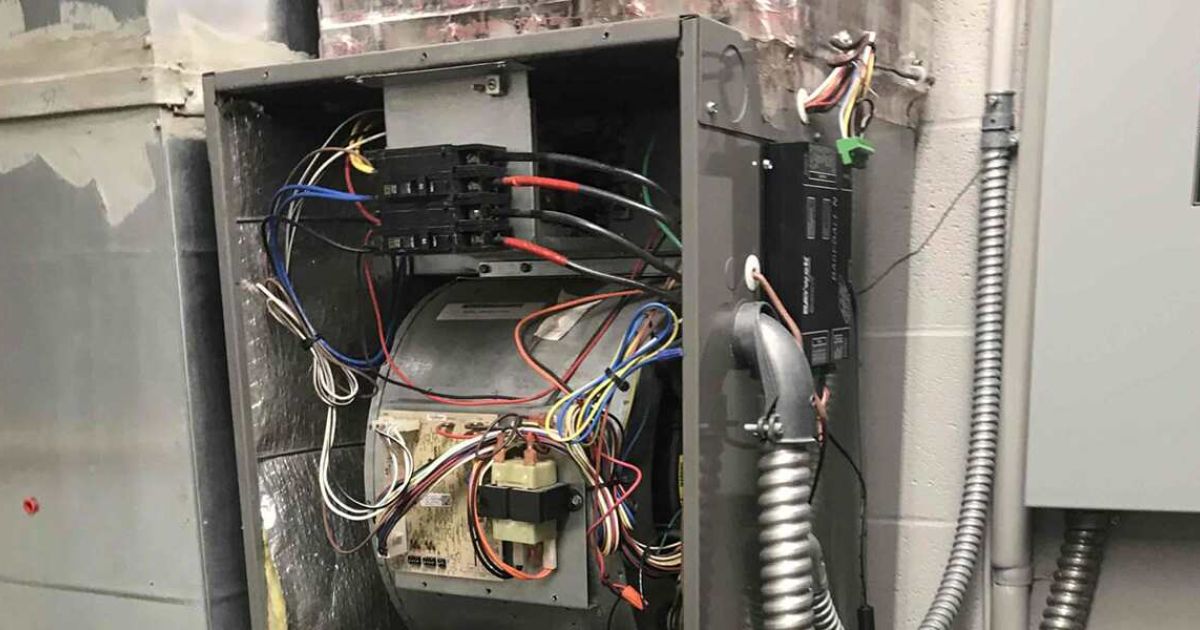Understanding AC Efficiency
Tulsa gets pretty hot, and you probably run your air conditioner daily during the summer. You’ll pay the price if you’re using an inefficient model!
Air conditioners that contribute to higher-than-average energy bills are not very efficient.
You can measure AC efficiency by taking the cooling output (measured in BTUs) and dividing it by the wattage the system consumes. There’s a problem if your system uses large amounts of power to maintain a regular output.
Every AC unit on the market has a Seasonal Energy Efficiency Ratio (SEER). Older systems have an average SEER of 10, while modern high-tech designs are as high as 26. The higher the rating, the more efficient it is.
The industry standard used to be 10, but it’s no longer considered up to snuff. Therefore, AC units in modern homes should have a SEER of at least 14.
When you switch to a new AC system, your energy bills will drop significantly. Studies show that AC units of 10 or less cost an annual average of $890. On the other hand, models with a SEER rating of 16 were closer to $499.
That’s a significant change, especially when compounded across a 15-year lifespan.
New Unit Cost vs. Monthly Savings
Now you know that a new AC unit can reduce your electrical bills. However, replacement systems are quite expensive.
With inventions like the two-stage scroll compressor, home cooling technology has improved by leaps and bounds. But this heightened performance comes with a hefty price tag. Although AC units have become more affordable over recent years, they’re still a significant expense.
At first, your monthly savings may not balance out the cost of a replacement AC unit. But eventually, efficient air conditioners can pay for themselves. You may not save money initially, but it’s still a good investment.
As a general rule, higher up-front costs lead to lower monthly bills. Consult professionals to find the right balance for your home.
Other Benefits of Upgrading
Will a new AC unit lower my electric bill? Yes! But efficiency isn’t the only upside of a new cooling system.
Those who invest in upgrades also enjoy benefits such as:
- Reduced environmental impact: New units use R410A, which is an ozone-friendly refrigerant.
- Quieter performance: Some air conditioners are as quiet as 68 decibels.
- Improved home value: Buyers are more likely to buy homes with upgraded utilities.
How to Improve AC Efficiency
New air conditioning units don’t automatically fix all your problems. To access all the benefits, you must also put in some work.
You can do many things to improve air conditioning performance, regardless of whether you have an old or new system. Try the following tips to lower your electrical bills even further.
Perform Regular Maintenance
If you’re not ready to commit to an entirely new unit, focus on maintaining your current cooling system. AC maintenance plays a huge role in a unit’s overall efficiency.
For starters, replace the air filters on a regular basis. Experts recommend that you clean or replace filters every 90 days. However, if you run your air conditioner daily, you may need to do this task even more frequently.
Additionally, clear the space around your AC units. Efficiency plummets when something blocks the coils or catches in the grills.
You can further extend the air conditioner’s lifespan by scheduling annual inspections and tune-ups. Certified HVAC technicians can identify developing issues, replace damaged parts, and inspect ductwork throughout your home.
With their help, your system will be much more efficient.
Choose the Appropriate Unit Size
It’s easy to look at your home’s AC unit and think, “That’s probably not big enough to cool my entire house. Will a new AC unit lower my electric bill if it’s the wrong size?” Sure enough, your air conditioner should be properly sized if you want maximum efficiency.
However, going bigger isn’t always the answer. Whether too large or too small, an ill-fitting AC unit will always cause problems.
Too-Large AC Units
Larger units provide more cooling power, but they also consume more energy. In addition, big cooling systems are expensive and run in short cycles. These cycles can indeed cool the air throughout your home, but humidity accumulates during the off periods.
Too-Small AC Units
On the other hand, small AC units come with their own set of problems. They provide less cooling power, so they constantly work to maintain a comfortable temperature. Smaller systems are also more likely to break down due to overwork. This combination inevitably leads to high energy bills.
So how do you pick the right size? Contrary to popular belief, the square footage of your home isn’t the only factor that matters.
The best course of action is to call a professional. They’ll inspect your home and account for the climate, window placement, insulation, interior heat gain, and weather stripping.
With all that data in hand, they can recommend an appropriate air conditioner size for your home.
Improve Home Insulation
Speaking of household factors, you can improve your system’s efficiency by improving your insulation. The better your home retains cool air, the easier it is to regulate temperature.
Start in the attic (if you have one). Not enough people insulate their attics, which is a major source of leakage. Additionally, make a habit of closing your doors and windows.
Replace weather stripping and seal cracks in the ductwork. This reduces leaks and drafts throughout your home.
When to Invest in a New AC Unit
If you ask yourself, “Will a new AC unit lower my electric bill?” there’s a good chance that you’re already experiencing issues.
So when do you need a new AC unit instead of working with your current one? There are a few benchmarks to watch out for.
For starters, look at the age of your current system. As a rule of thumb, systems that are 15 years or older are due for a replacement. Once you pass the ten-year mark, keep a close eye on the system’s performance and search for more efficient alternatives.
If you shop early, you’ll have more time to make an informed decision. energy.gov recommends the following qualities when you’re in the market for a new cooling system:
- Variable-speed capabilities
- Quiet operation
- A “check-filter” light
- Automatic-delay fan switches
Get Professional Input from Quality Heating, Cooling, & Plumbing
Many clients ask, “Will a new AC unit lower my electric bill?” It certainly can, but you need to select the right model for your home. Our certified technicians can answer all of your questions about HVAC sizes, zoned cooling, and home insulation.
A new AC system can solve a lot of problems, but there are still plenty of factors to account for. Call Quality Heating, Cooling, & Plumbing at 918-393-4204 to schedule an appointment today.

